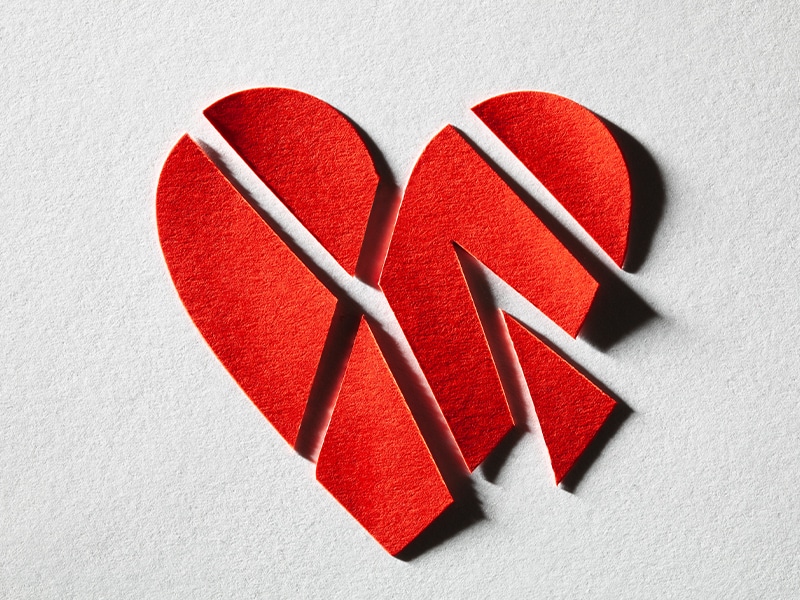Heartache has become an all-too-familiar feeling during the emotional isolation of the pandemic. But could that pain in your chest be a sign of broken heart syndrome, not just sadness?
Broken heart syndrome, also known as stress cardiomyopathy, is a condition marked by weakening muscle tissues in the heart, says Manavjot (Mj) Sidhu, MD, Medical Director of Cardiology at Methodist Dallas Medical Center.
Lately, physicians like Dr. Sidhu are noticing more cases of the illness, which can mimic a heart attack. Some attribute the upward trend to the COVID-19 pandemic.
The Cleveland Clinic reported that the number of cases it saw in its hospitals rose from less than 2% during pre-pandemic times to nearly 8% after the pandemic began. Findings suggest the spike is linked to “psychological, social, and economic stress” related to COVID-19.
But it could also be the body’s direct response to a COVID-19 infection, Dr. Sidhu says.
Dr. Sidhu and his research team are researching that very issue — broken heart syndrome — and other cardiovascular effects as potential complications of COVID-19. Four of their COVID-related studies were recently accepted for a presentation by the American Heart Association.
“We had one case study where a patient came to the hospital with chest pain and heart failure,” Dr. Sidhu says. “We treated her and later followed up after six weeks, and her heart failure had resolved, which indicates broken heart syndrome.”
BROKEN HEART OR HEART ATTACK?
Broken heart syndrome is characterized by chest pain, low blood pressure, heart failure, and shortness of breath — the same symptoms as a heart attack. It is only when doctors run tests that they can discern a difference.
“Unlike a heart attack, with broken heart syndrome, you won’t see blockages caused by clots in the blood vessels,” Dr. Sidhu says.
Stress cardiomyopathy causes the lower chambers of the heart to bulge abnormally during contraction. Some also refer to it as takotsubo cardiomyopathy, named after the Japanese octopus trap that resembles this heart abnormality in shape.
“This condition could be a response to physical illness or an emotional trigger, such as losing a loved one or receiving devastating news,’” Dr. Sidhu says.
It’s thought that these triggers can unleash a flood of stress hormones that overwhelm the heart, preventing it from pumping blood properly.
RISKS AND PROGNOSIS
According to the Mayo Clinic, factors that increase your risk of developing broken heart syndrome include your sex, age, and medical history.
Women are more susceptible than men, and those who are older than 50 are at higher risk. What’s more, patients with a history of neurological or psychiatric disorders may also be more likely to experience broken heart syndrome.
The good news is that the condition is reversible. With the right medications and plenty of rest, patients can fully recover without lasting damage to the heart.
That makes it no less serious than other heart conditions. The similarities between broken heart syndrome and heart attack make it a medical emergency, requiring closer evaluation. The key is acting quickly before complications arise like heart failure or fluid buildup in the lungs.
“If you have ongoing chest pain or feel pressure in your chest at any time, please come to the emergency department,” Dr. Sidhu says. “Waiting will make things worse.”
MANAGING STRESS
Controlling our stress level can be difficult, especially during a pandemic. But even though some things are beyond our control, there are steps we can take to help us cope.
Dr. Sidhu recommends taking time to focus on mental wellness by meditating, repeating positive affirmations, and practicing techniques that focus your breathing.
“I think these habits go a long way in keeping your mindset healthy and lowering your stress levels,” Dr. Sidhu says.




